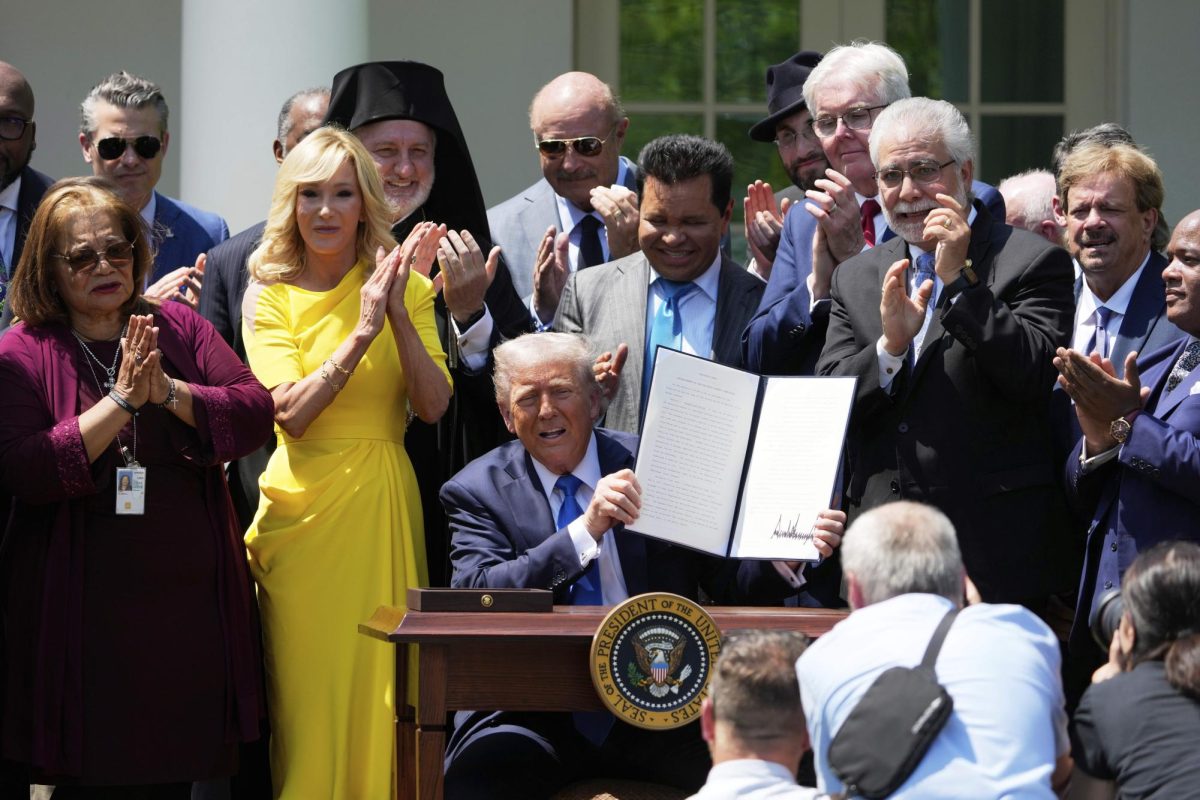Progress Cuts a Little Too Deep
January 24, 2019
Gillette’s new ad campaign about combating toxic masculinity has been slammed as an ill-conceived offense against its target audience, men. Critics say they feel berated by the razor company, which has made its position on the issue very clear.
“From today on, we pledge to actively challenge the stereotypes and expectations of what it means to be a man everywhere you see Gillette,” Gillette’s website said. “In the ads we run, the images we publish to social media, the words we choose, and so much more.”
Challenging stereotypes? How despicable! The fact is, people need to get over this.
The same socially-conscious business model was used by Nike, whose tastefully designed Colin Kaepernick campaign sparked a 5 percent increase in the company’s stock, according to Vox, despite the substantial blowback and boycotting the brand endured online.
Gillette was clearly willing to take the same risks since the strategy had been proven successful. In a nutshell, they’re vowing to promote more progressive ideas about masculinity, and frankly, it’s about time. They kicked things off with a commercial calling attention to issues like sexual harassment that were put under a magnifying glass by the #MeToo movement.
Of course, the video exploded online, and although there was some support, the blowback was vicious. But Gillette said they knew there would be a deeply polarized public reaction.
“We expected debate,” Gillette’s North America brand director, Pankaj Bhalla, said, according to CNN. “Actually a discussion is necessary. If we don’t discuss and don’t talk about it, I don’t think real change will happen.”
And discussion is totally necessary. Discussion, not screaming into the comments section on Youtube because you feel personally attacked by an ad for razors. There’s a difference. And truth be told, the commercial isn’t remotely aggressive. It isn’t calling any one person out. It’s just asking men to be a little more conscious of their behavior. What’s wrong with that?
If men don’t like being told how to live by an advertisement, they can get in in line. Women have been objectified by the media for decades, and unreasonable female beauty standards have been hammered into the America’s cultural psyche by a ceaseless barrage of stereotyping and sexism. If Gillette wants to help reverse that with this campaign—heck, even if they just want to make a profit—there’s no reason anyone should stop them.
If Gillette is willing to move forward, other companies will surely follow. Even though this isn’t going to be a smooth transition for the advertising industry, gender equality is worth a few nicks along the way.











